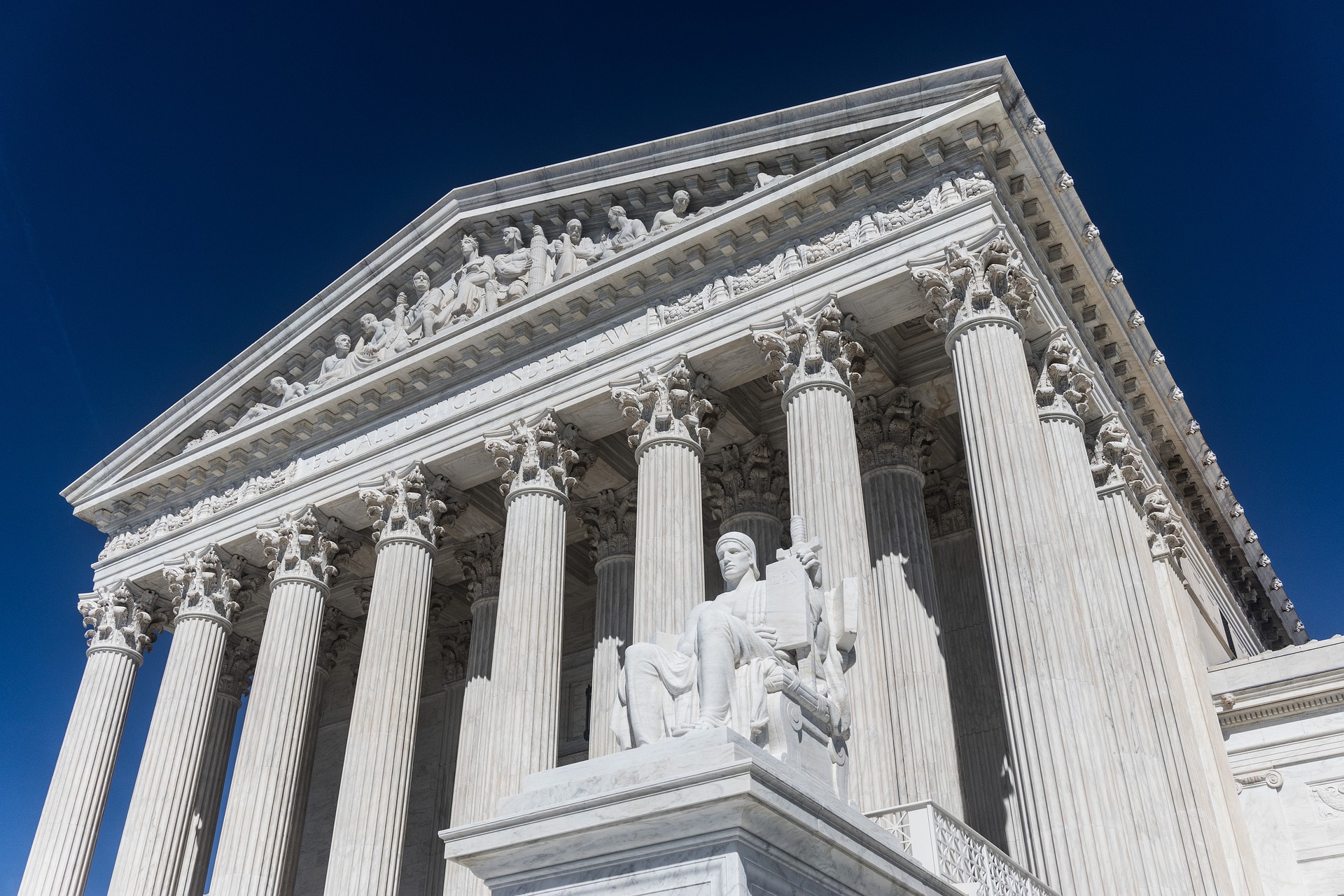Judicial Bypass for Minors: Balancing Rights and Protection
Introduction: In the complex landscape of reproductive rights, judicial bypass procedures for minors seeking abortions without parental consent have emerged as a contentious legal issue. This article delves into the intricacies of judicial bypass laws, exploring their origins, implementation, and ongoing debates surrounding their effectiveness and constitutionality.

State-by-State Variations
Since the Bellotti decision, states have implemented judicial bypass laws with varying degrees of stringency. Some states require only that a judge determine the minor is mature enough to make the decision independently, while others mandate more extensive inquiries into the minor’s circumstances. For example, Texas requires judges to consider factors such as the minor’s age, education, and familiarity with the medical risks involved. These disparities have led to a patchwork of regulations across the country, raising questions about equal protection under the law.
Procedural Challenges and Access Issues
One of the primary criticisms of judicial bypass laws is that they create significant procedural hurdles for minors, who may struggle to navigate the legal system without assistance. Many states require minors to appear in person before a judge, which can be particularly challenging for those in rural areas or with limited transportation options. Additionally, the process often involves tight deadlines, with some states requiring courts to rule within 48 hours of the petition being filed. These time constraints can place undue stress on minors and potentially compromise the thoroughness of judicial review.
Confidentiality Concerns
Maintaining the confidentiality of minors seeking judicial bypass is a crucial aspect of these laws. Courts typically seal records related to these proceedings and may use pseudonyms to protect the identity of petitioners. However, in smaller communities, the mere act of a minor entering a courthouse can raise suspicions and potentially compromise their privacy. This has led to calls for more robust confidentiality measures, including the use of remote hearings or alternative venues for bypass proceedings.
Judicial Discretion and Potential Bias
The role of judicial discretion in bypass proceedings has been a subject of ongoing debate. Critics argue that leaving such sensitive decisions to individual judges can lead to inconsistent outcomes based on personal beliefs rather than legal standards. Some studies have suggested that judges’ political affiliations or religious views may influence their rulings in bypass cases. This potential for bias has prompted discussions about the need for clearer guidelines or specialized training for judges handling these matters.
Impact on Minors’ Well-being
Proponents of judicial bypass laws argue that they serve as a crucial safeguard for minors in abusive or unsupportive family situations. They contend that the process allows for a neutral evaluation of the minor’s circumstances and decision-making capacity. However, opponents raise concerns about the psychological impact of forcing minors to disclose personal information to strangers and face potential interrogation in court. The stress and delays associated with the bypass process may also push some minors later into their pregnancies, increasing medical risks.
Legislative Trends and Future Outlook
In recent years, there has been a trend towards tightening judicial bypass laws in some states. For instance, some legislatures have introduced measures to require more specific findings by judges or to impose waiting periods between the filing of a petition and the court hearing. These changes have been met with legal challenges, with some courts striking down particularly restrictive provisions as unconstitutional burdens on minors’ rights. As the legal landscape continues to evolve, the future of judicial bypass laws remains uncertain, with potential implications for minors’ reproductive rights and access to healthcare.
In conclusion, judicial bypass laws for minors seeking abortions represent a complex intersection of constitutional rights, child protection concerns, and healthcare access issues. As courts and legislatures grapple with balancing these competing interests, the debate over the efficacy and fairness of these procedures is likely to remain at the forefront of reproductive rights discussions for years to come.






